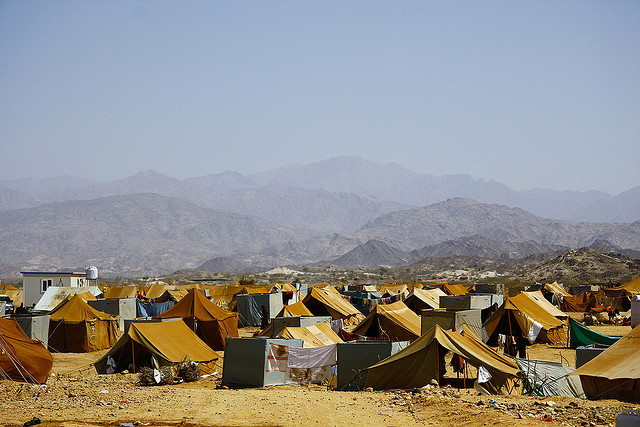
A new and worrying trend has taken hold in Yemen. According to a report by Amnesty International, the Yemeni government is increasingly sacrificing its human rights policies in order to preserve what they claim is their national security. Challenged by growing calls for secession in the south, periodic conflicts with the rebel Houthi movement in the north, and the regular appearance of al-Qaida throughout the country, the ruling elite is habitually resorting to repressive and illegal methods. An unknown number of Yemenis have disappeared; some have been tortured; and some have been condemned to death or long prison terms after unfair trials before specialized criminal courts. Under the guise of fighting terrorism, these measures actually only antagonized the Yemeni people, thereby preparing the ground for further extremism.
In part, the new Yemeni policies come as a reaction to intense pressure from governments in the US, Europe and the Gulf, which fear Yemen could break apart or even turn into a failed state. They especially dread the possibility of al-Qaida in the Arabian Peninsula (AQAP) linking up with al-Shabab in Somalia, leaving the strategic Horn of Africa under the influence of Islamist militants and jeopardizing the safe transport of commodities to and from the Gulf and the Red Sea region. These external pressures, combined with domestic challenges to the legitimacy of the government, have prompted the Yemeni government to hit back with all the force it could muster.



